“What Do People Not Realize Has An Extremely High Chance Of Happening?”
Categories: People | Society | World
By Vika https://pictolic.com/article/what-do-people-not-realize-has-an-extremely-high-chance-of-happening.htmlEven though people fall ill or get into accidents and other unfavorable situations all of the time, many think that it’s not going to happen to them; that they are somehow immune to the hardships and calamities in life, which might prove to have a higher chance of happening than one thinks.
After one of them started a discussion about it, members of the ‘Ask Reddit’ community recently discussed things that people don’t realize have an extremely high chance of happening. The netizens’ answers covered all sorts of misfortunes—and a couple of more positive scenarios—so if you’re wondering what might be more likely to happen than you think, continue scrolling through to find out.
On the list below, you will also find Pictolic’s interviews with Professor and the founding director of the Fire Safety Engineering Group (FSEG) of the University of Greenwich in London, UK, Dr. Ed Galea, and Assistant Professor at Michigan State University in the US, expert in hazard mitigation and science communication, Dr. Robert E. Drost, who were kind enough to answer a few of our questions about emergencies.
10 PHOTOS
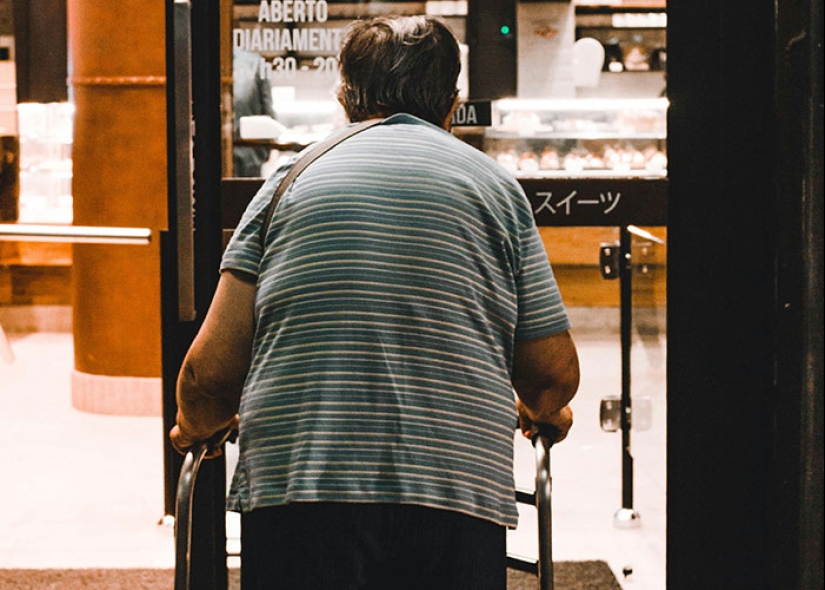
#1
We able-bodied tend to think of disabled people as unlucky but (as has been pointed out) being able-bodied is AT BEST temporary. Everyone will at some point have to face a life of disability unless they die early.
The ADA helps everyone and is one of America's great achievements.
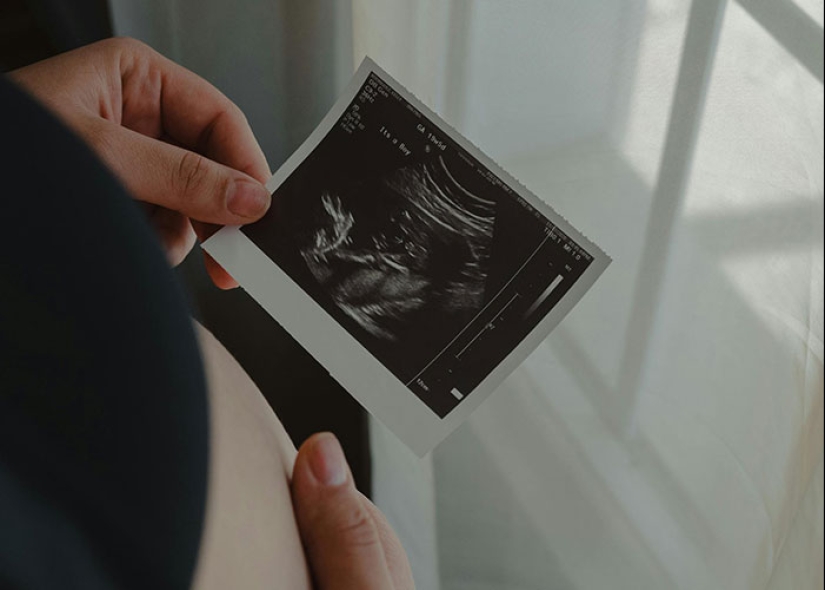
#2
Sadly, Miscarriage in the first trimester. Some studies estimate as high as 40% of pregnancies terminate by 12 weeks.
Edit: Since this has gained mild traction, I should highlight a through-line featured in many comments: normalize talking about miscarriage.
Folks who have experienced a miscarriage should not be forced to discuss it if they aren't comfortable, but I have seen so many first-time pregnancies that miscarried where their first question was "What did I do wrong?" Most of the time, there is nothing they did that triggered it; the more society is able and willing to provide that reassurance, the better off these people will be.
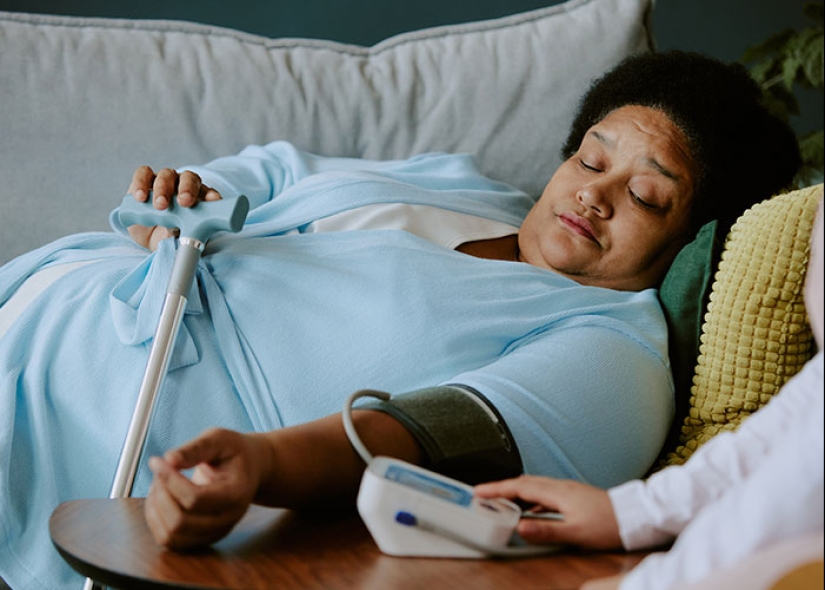
#3
Being diagnosed with a chronic illness.
No matter how high or low the chance of an accident happening in your area, it’s best to always be prepared and know what’s the expected procedure in one situation or another.
“My motto is 'Chance Favors the Prepared Mind',” expert in crowd safety, Prof. Ed Galea told Bored Panda in a recent interview. “In most emergencies, every second counts so it is essential to be prepared.
“It is not uncommon in disaster situations for people to display what is known as 'Behavioral Inaction', a situation where they are so overwhelmed by the rapidly unfolding circumstances of the disaster that they don't know what to do, they can freeze and do nothing while they take in and try to comprehend the situation or they do things that are not appropriate to the situation. So having a plan of how you would respond to a disaster can make the difference between life and death.”
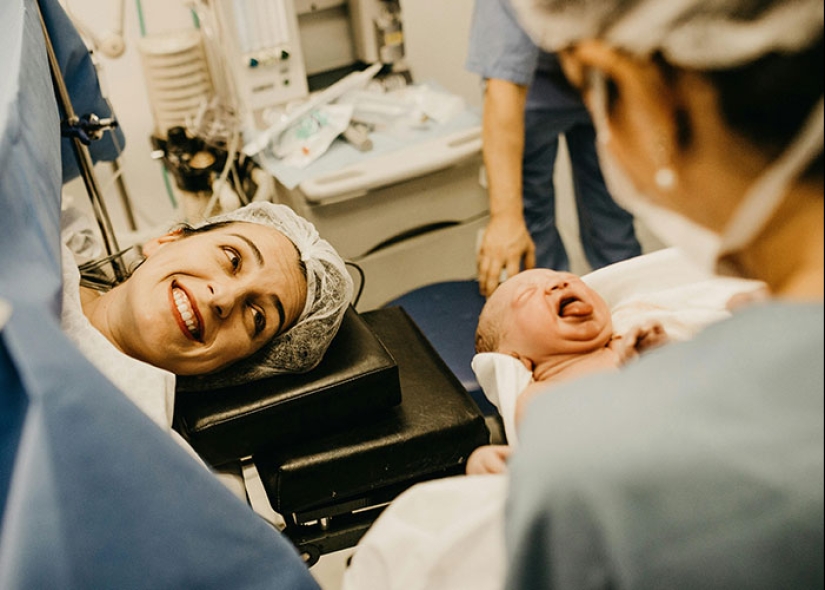
#4
Complications during labor and delivery.
My wife wasn't high-risk with either of our kids. We did not indicate that we had anything to be concerned about.
With my first child, he got stuck in the birth canal and had to be emergency vacuum extracted. He likely would have been stillborn had we not had an OB at the ready to act fast.
My wife hemorrhaged unexpectedly during recovery after delivering our second child. She likely would have bled out had she not been monitored during recovery by labor and delivery nurses, and emergency treated by an OB when the hemorrhage happened.
I know many women want to have their children in different arrangements than a traditional hospital birth, and I respect that. Just understand that having a doula in a birthing center is not the same as having a team of labor and delivery nurses along with an OB that has an OR with a blood band ready if things go sideways. The likelihood of complications is much higher than many understand. Just because you aren't classified as high risk does not mean you are at zero risk of complications.
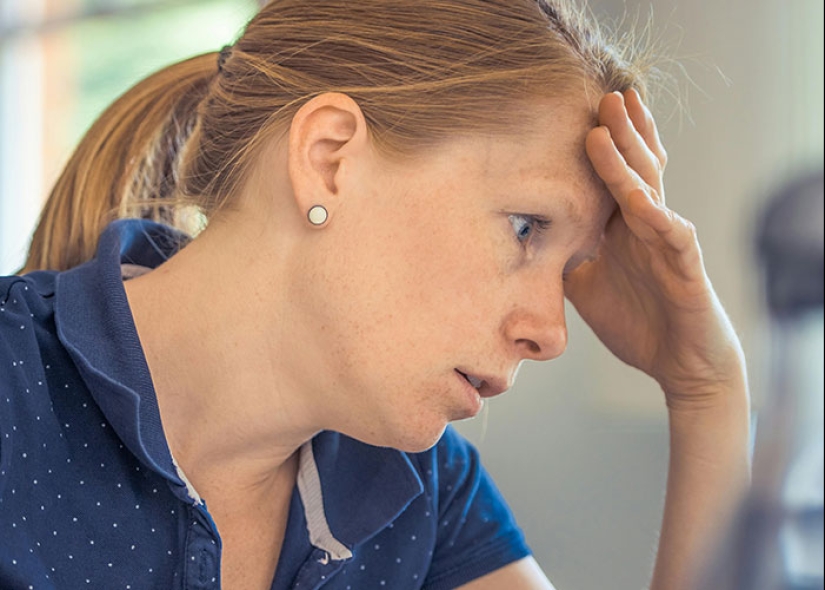
#5
That thing you needed to find last week? You’ll find it when you don’t need it anymore.
Prof. Galea continued to point out that in case of emergency, it’s crucial to know your surroundings. “Situational awareness is probably one of the most important factors in a rapidly changing environment. So knowing and understanding the layout of the space you are in is essential.”
For example, when you’re entering a crowded space, such as a shopping mall or a theater, the expert suggests checking out where the emergency exits are, and if possible identifying more than one exit. “Figure out how you would leave if you had to go in a hurry. Don't leave it until you are immersed in the disaster to figure out how to get out.”

#6
Having an important relationship comes to a sudden end.
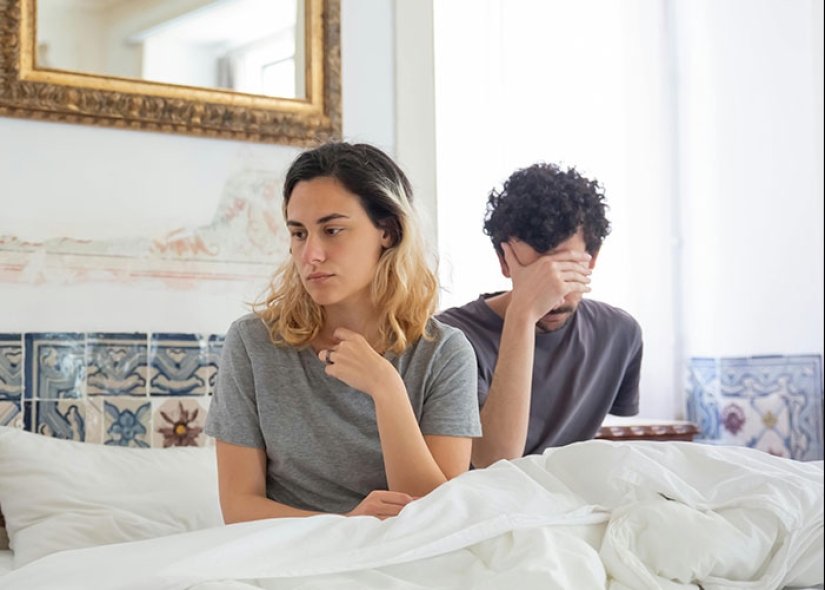
#7
Being betrayed by someone close to you.
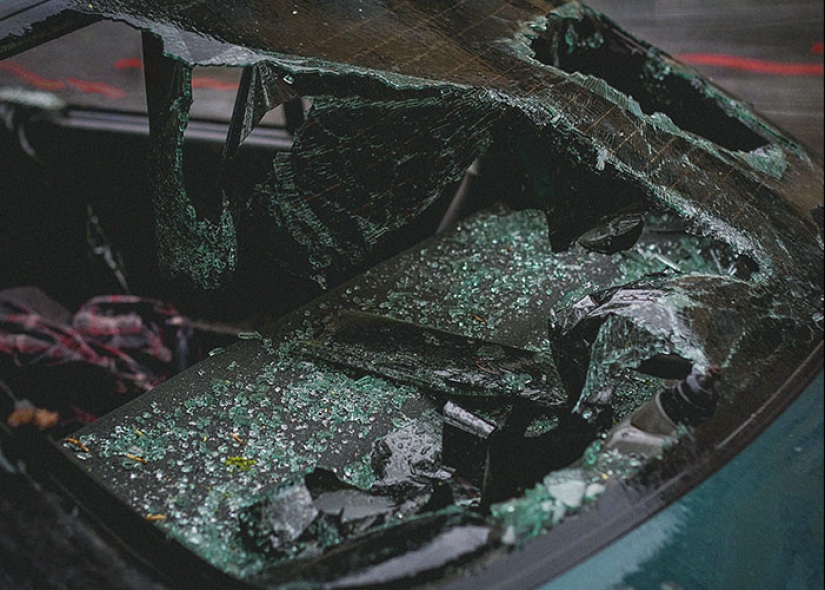
#8
Being killed in a car accident through no fault of your own. We are driving metal projectiles near each other at high speeds. S**t gets unpredictable, and you can’t control other people.
Consequently, you could survive an accident that absolutely devastates your health, functioning, and finances for years. You never know when you’re going to wake up on your last truly normal day. .
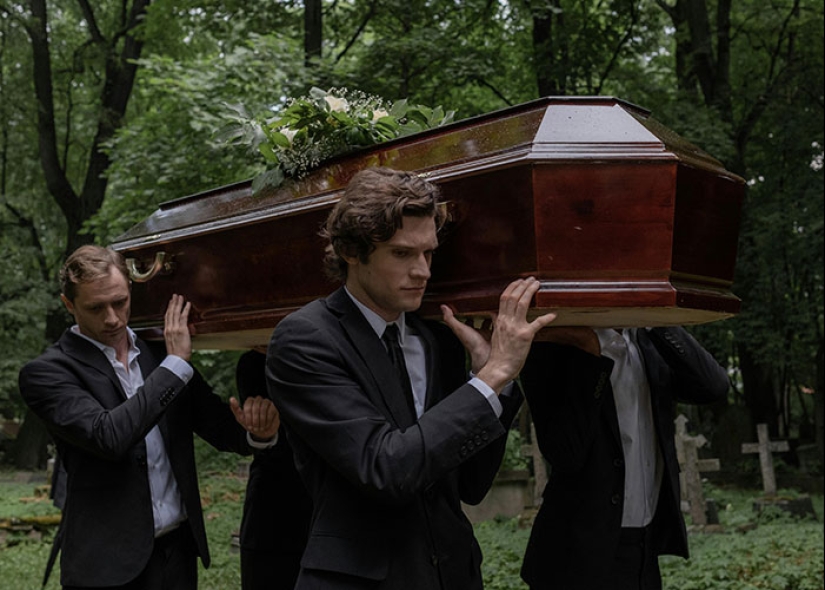
#9
Dying. Many people take things for granted and do not prioritize right. Something I’ve noticed after I got cancer. Because I made the same “mistake.”.
“If you live in an area that is prone to wildfires or floods or earthquakes, always have a 'go bag' prepared. This should include a change of clothes, important medication, some cash, bottled water, some dried food or energy bars, and keep your important documents such as passports, birth or marriage certificates in a place that is easily accessible in case you need to grab them quickly.
“Another piece of advice, if you hear an evacuation alarm, react to it immediately, don't assume it’s a false alarm,” Prof. Galea added. “People don't appreciate how quickly an emergency can turn into a disaster, literally, 'every second counts', so start to evacuate as soon as you hear that alarm.
“In most survivable disasters, many people that don't make it either delayed the start of their evacuation or didn't know how to evacuate, so situational awareness is key (know your way out), as is a rapid response (when you hear the alarm, don't question it – get out).”
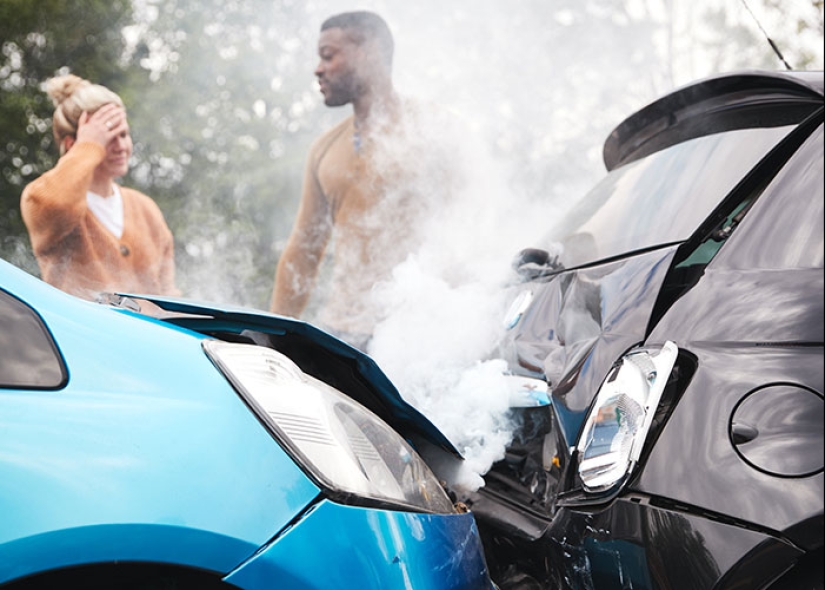
#10
People often don't realize that everyday accidents, like car crashes or household injuries, have an extremely high chance of happening compared to more dramatic or rare events.
Keywords: People | Accidents | Hardships | Life | Higher chances | Situations | Unfavorable situations
Post News ArticleRecent articles

It's high time to admit that this whole hipster idea has gone too far. The concept has become so popular that even restaurants have ...

There is a perception that people only use 10% of their brain potential. But the heroes of our review, apparently, found a way to ...
Related articles

This is an amazing photo project of Mike Harvey: it takes people in his car, and photographs them at the same time, we are about to ...

Surely, many of you had classmates who, to put it mildly, were not distinguished by outstanding external data. Braces, strange ...

Yes, Pets benefit our health and it is proven by science. Their very existence certainly makes us happier, but also prolongs life. ...

New Year's is a time to surprise and delight loved ones not only with gifts but also with a unique presentation of the holiday ...